Nikon is known for its innovation and the kind of camera it manufactures. Its products are high-quality, and a base of enthusiasts waits for every launch. Nikon has been a part of the cinematic world for decades.
Nikon’s Z30 is the third APS-C mirrorless camera in the Z-mount series, targeted towards content creators who create content forms such as vlogging and streaming.
One key feature distinguishing it from other cameras is its articulated screen for self-capture, APS-C sensor, and built-in stereo microphones atop (with a windscreen option).
This model reflects Nikon’s commitment to catering to creators for versatile content production.
The model is known for the quality of its videos and features.
Unlike smartphones, the camera has more features that people can explore and use in their favor.
Advantages of the Nikon Z30
1. Slimline Mirrorless Form Factor
The compact size of mirrorless cameras like the Nikon Z30 can make them convenient for carrying around and shooting on the go. Vlogging will be popular in 2023.
People consume content and like to see videos of people, which is why mirrorless cameras work the most.
2. Articulating Touch LCD
An articulating touchscreen can enhance the camera’s usability by allowing flexible framing and intuitive control of settings.
Be it a laptop or a mobile phone, touchscreen is a game-changer.
It will save time, energy, and money. The touch screen also makes the process fast and fun.
3. Face and Eye Detection Autofocus for Video
When you buy a camera for content, its features should stand out.
The detailed Nikon Z30 review will let you understand the importance of this camera in video content creation, particularly when filming people.
The camera facilitates smooth and accurate focus adjustments, ensuring that subjects remain consistently sharp and well-defined throughout the recording, enhancing the overall visual quality of the video.
This proves especially beneficial when subjects are in motion or transitioning between different focal points, guaranteeing a professional and polished result that captivates the viewer’s attention.
4. 4K30 and 1080p60 Recording
With the capability to shoot at 4K resolution, capturing 30 frames per second, and 1080p resolution at 60 frames per second, this Z30 offers versatile options for various video projects.
The 4K setting delivers amazing clarity and detail, making it ideal for projects with high visual fidelity.
Meanwhile, the 1080p at 60 frames per second option caters to projects requiring smooth motion, perfect for dynamic scenes or action sequences.
This versatility empowers people using the phone to tailor their video production to each project’s specific demands and aesthetics.
5. Built-In Microphone
Audio is one of the most important things today. Keeping that in mind, Z30 has incorporated a built-in microphone in the camera that enables simultaneous audio capture during video recording.
It suits basic needs; discerning creators seeking elevated audio quality might lean toward an external microphone.
This choice proves particularly valuable for professional video projects, interviews, or scenarios with intricate audio demands.
6. Photography Capability
A camera that shoots both video and photos does win the game. This dual functionality consolidates equipment needs, offering convenience while preserving quality.
Z30 users can effortlessly transition between capturing high-resolution photographs and producing stunning videos, fostering creative freedom without looking down on either aspect.
Whether documenting precious moments in stills or chronicling dynamic narratives in motion, this capability empowers people to explore the full spectrum of visual storytelling.
7. Webcam Functionality
Post-COVID, the world functions online like never before. Online meetings, live streaming, and content creation have become part of everyone’s life.
The Z30 has a webcam functionality that helps users connect the camera to their devices.
This feature transforms the camera into a high-quality live feed source, ensuring participants in online meetings appear professional and engaging.
This adaptability underscores the camera’s versatility, seamlessly integrating it into the modern digital communication landscape.
Disadvantages of the Nikon Z30
1. Lack of Sensor Stabilization
Z30 lacks in-body image stabilization, which impacts the camera’s ability to capture stable shots in low-light conditions or when using non-stabilized lenses.
The lack of in-body image stabilization can affect the camera’s capacity to capture steady shots, particularly in low-light environments or when using lenses without built-in stabilization.
In such scenarios, camera shakes and blurriness may become more pronounced, diminishing the quality of images and videos.
2. No Headphone Jack
Z30’s absence of a headphone jack is a potential drawback when concerning audio monitoring during video recording.
With the lack of connecting headphones directly to the camera, users might find it challenging to gauge audio quality accurately in real-time.
Monitoring audio is crucial for maintaining optimal sound levels, identifying issues, and ensuring high-quality recordings.
This limitation could necessitate external workarounds, such as additional equipment or adapters, to facilitate effective audio monitoring.
3. Omission of EVF
The absence of an electronic viewfinder (EVF) in Z30 disappoints photographers who like using the viewfinder to compose shots.
The EVF offers a direct and immersive way to frame subjects and assess exposure to various lighting conditions.
Without it, photographers might feel disconnected from their subject and potentially struggle in bright sunlight when relying solely on the rear LCD screen.
4. 8-bit Video Depth
Limited by 8-bit video recording, the Z30’s capacity to retain minute details and offer flexibility in post-production color grading could be compromised.
With a restricted color palette, capturing subtle gradations and nuances might be limited, potentially leading to banding or color artifacts in complex scenes.
This constraint impacts the camera’s suitability for professional video projects that demand extensive color manipulation and grading.
Conclusion
Nikon Z30 has both advantages and disadvantages. You and your usage must look at what matters to you and choose the camera accordingly.
The camera has been known for its user-friendliness, and you can use that in your favor.
If you are a videographer or photographer interested in keeping up with the latest camera equipment, then follow our blog to get all the updates.
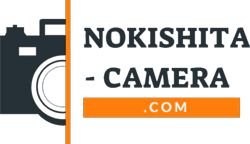

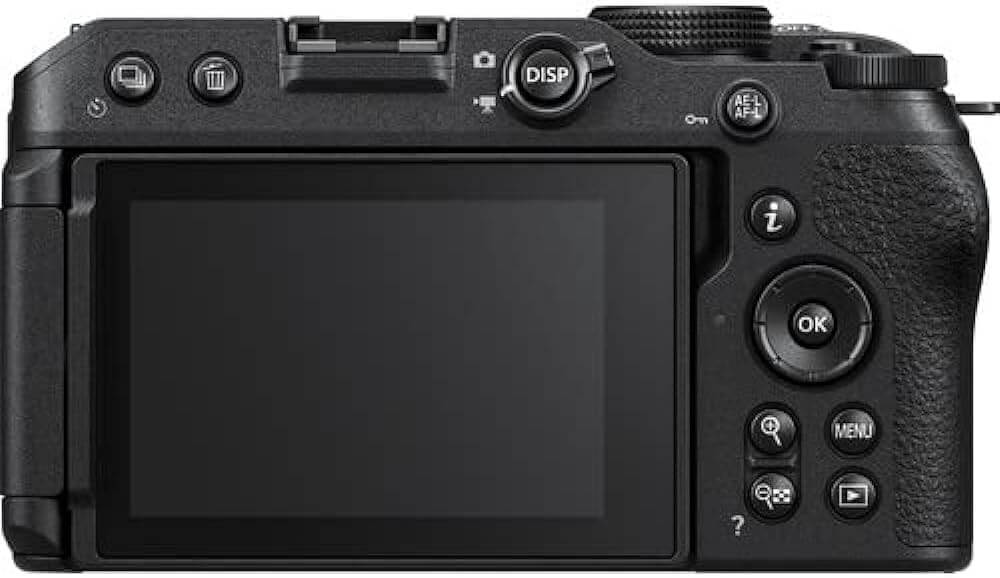
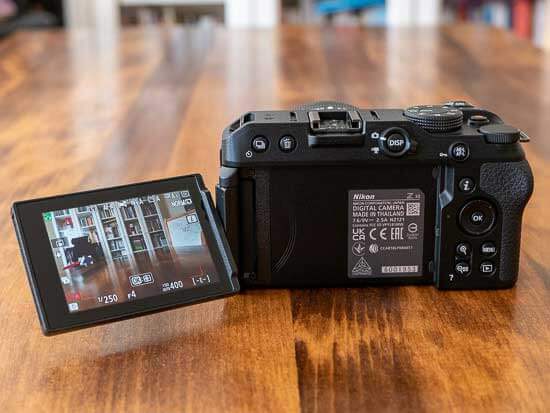
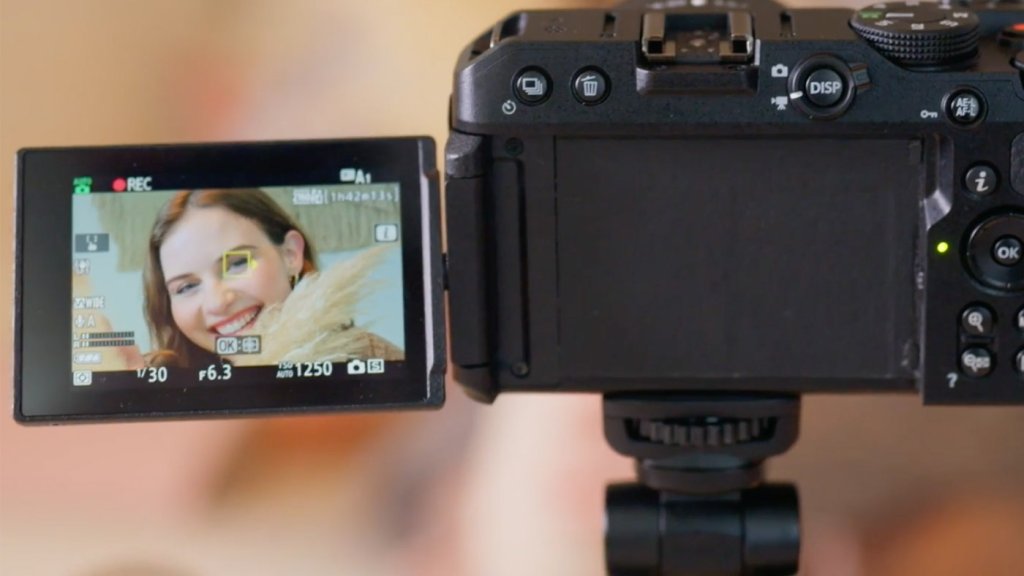
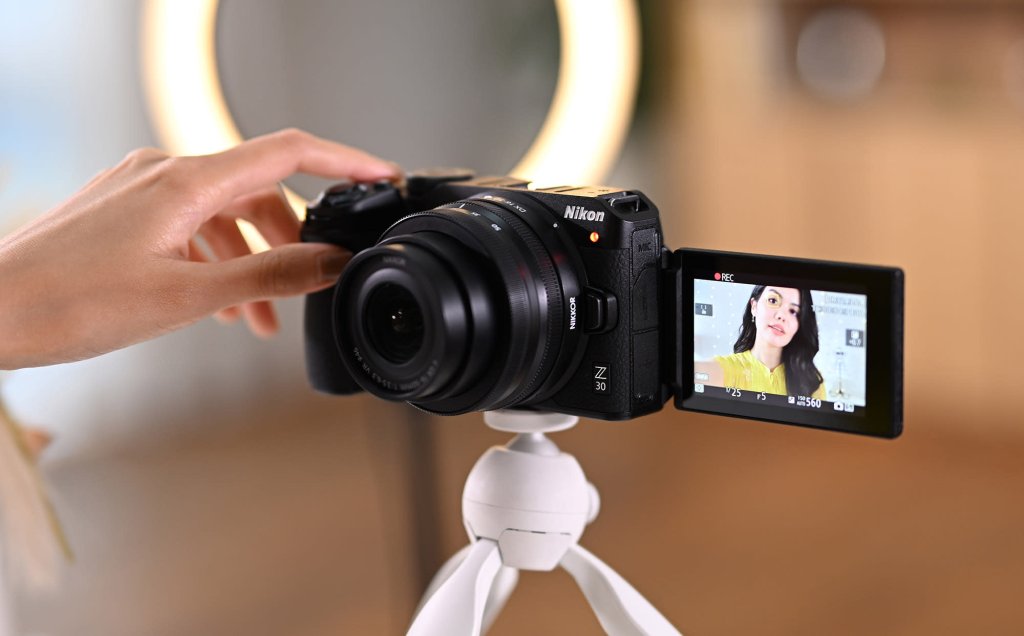
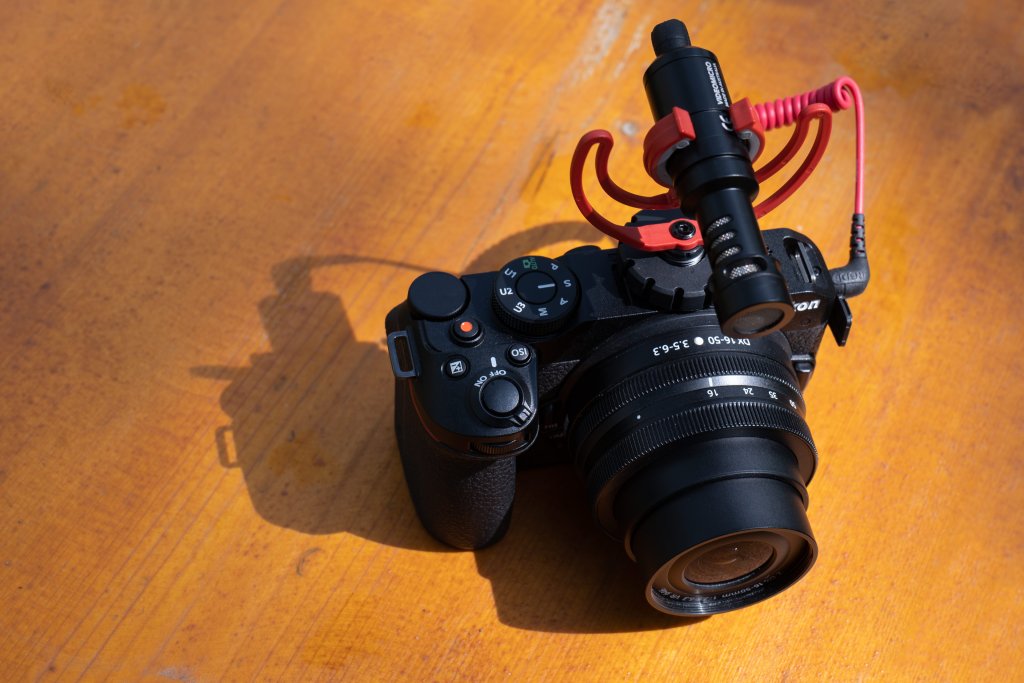
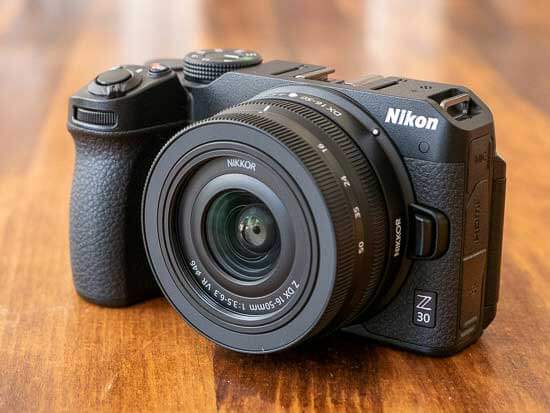
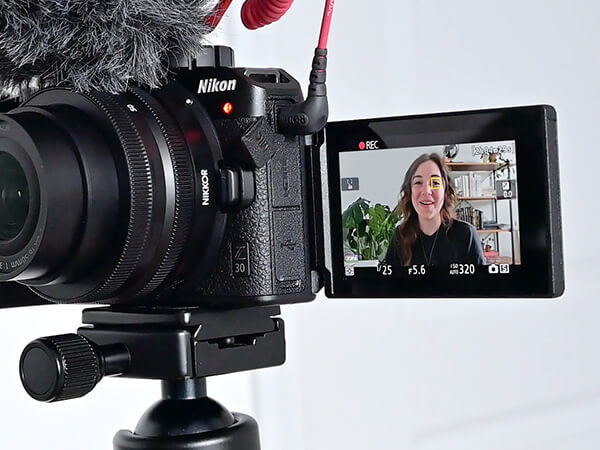
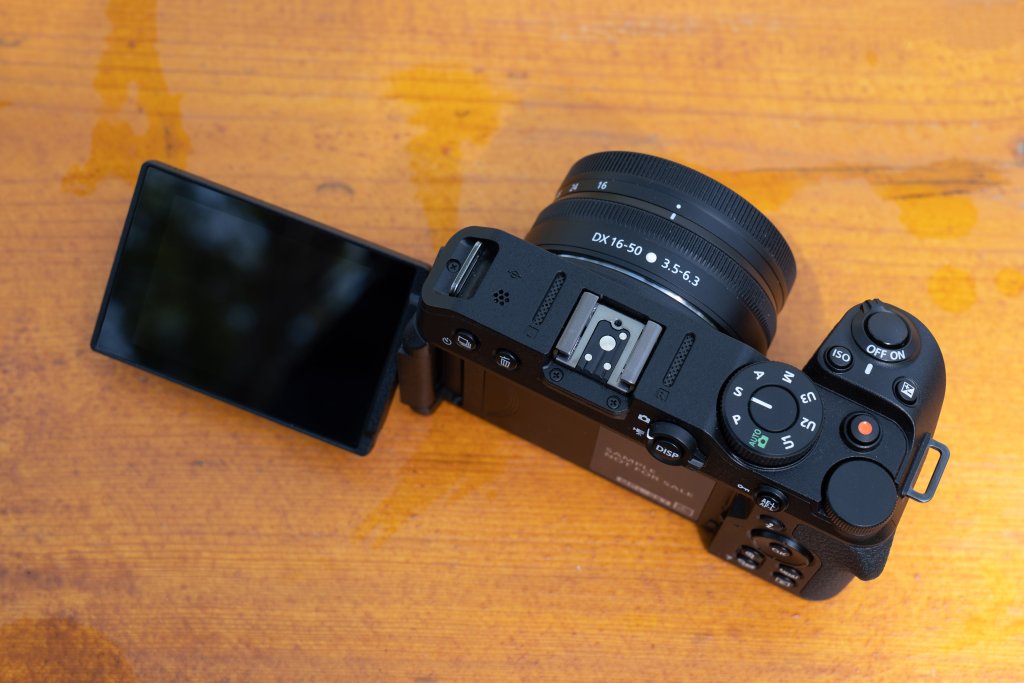
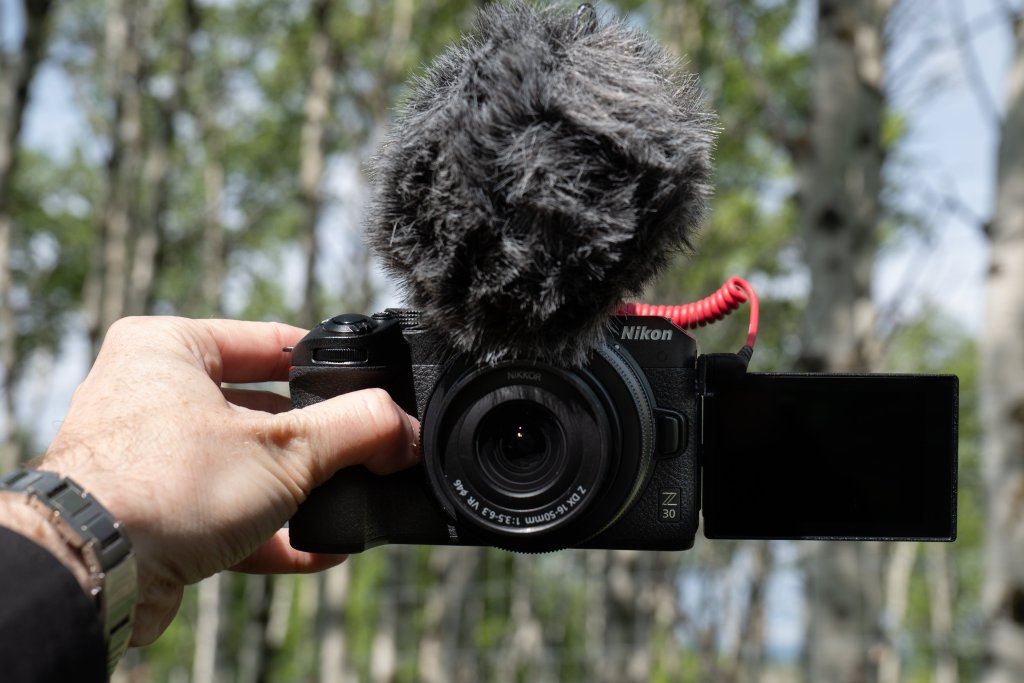
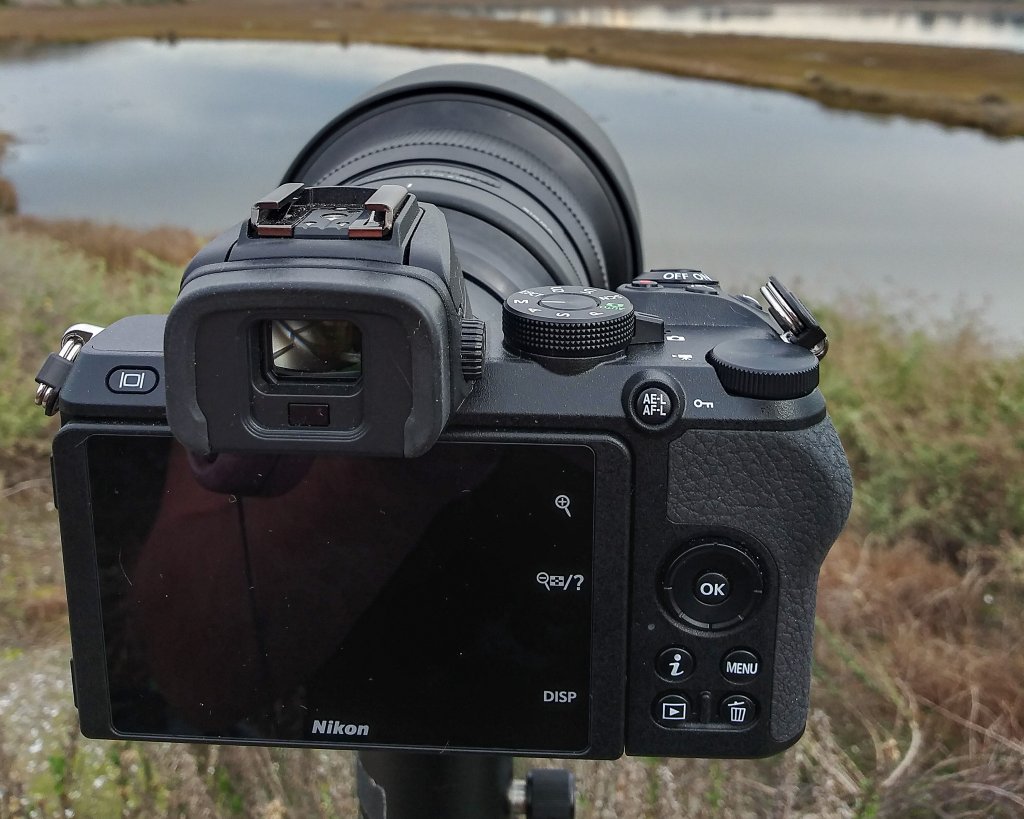
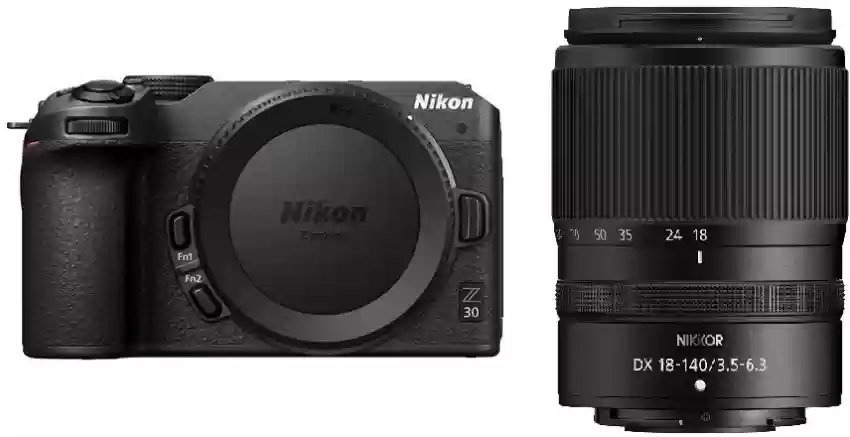
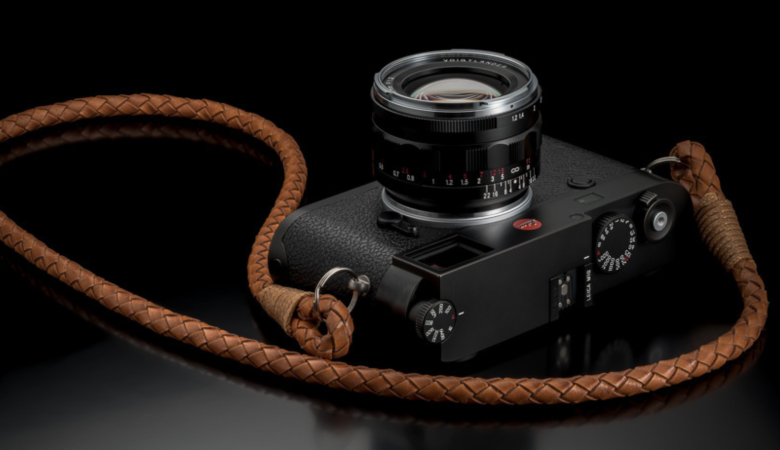

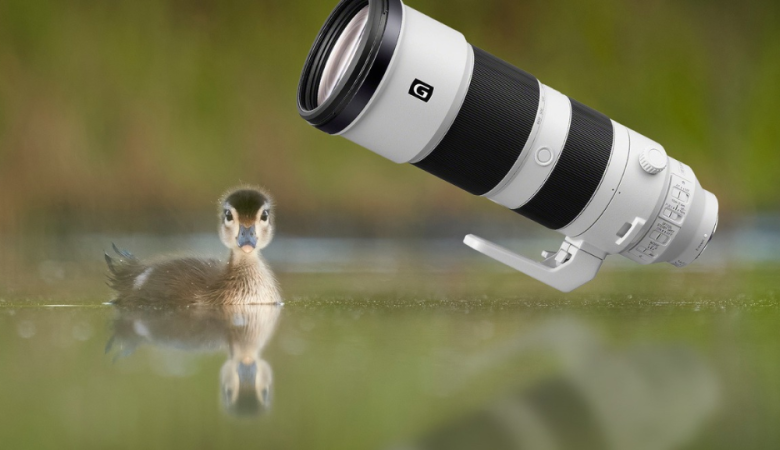
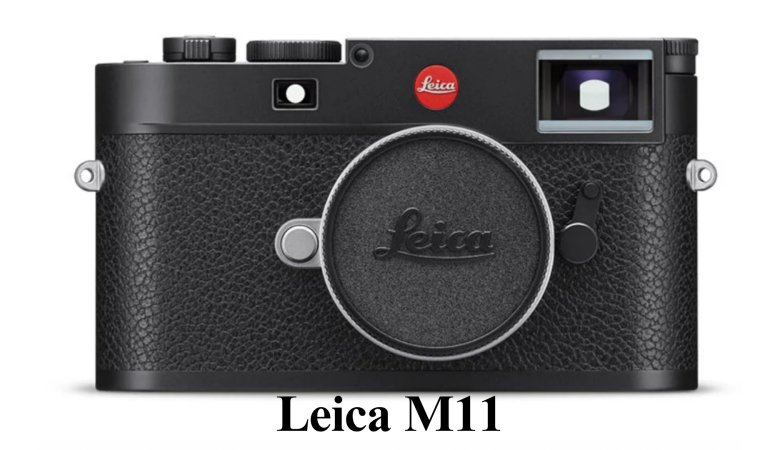
Leave a Reply